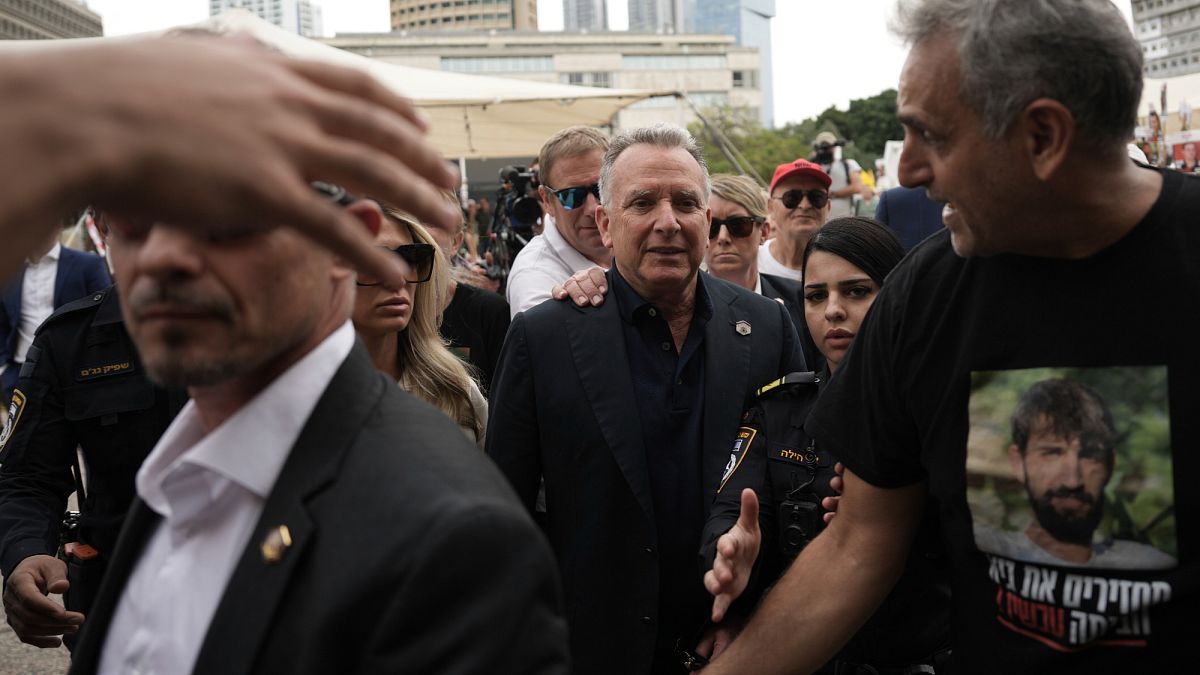

In an increasingly interconnected world, diplomatic dialogues and travel trends reveal the dynamic nature of international relations and cultural exchanges. Recent developments highlight key efforts and shifts as nations and individuals navigate the complex landscape of global affairs.
In a significant move towards peace, a proposal for a summit between Russian President Vladimir Putin and Ukrainian President Volodymyr Zelenskyy has emerged. This initiative comes as part of ongoing peace negotiations in Istanbul, where representatives from both countries are discussing potential pathways to a ceasefire and lasting peace. The dialogue aims to foster understanding and resolve the ongoing conflict, underscoring the commitment to diplomacy and cooperation even amidst differences.
Meanwhile, the United States continues to play an active role in peace processes beyond its borders. U.S. envoy Witkoff has arrived in Sardinia to engage in Gaza ceasefire talks. These discussions anticipate collaboration with figures such as Qatari Prime Minister Mohammed bin Abdulrahman Al-Thani and Israeli Minister for Strategic Affairs Ron Dermer. Their meetings are expected to explore avenues for sustainable peace in the region, emphasizing the importance of multilateral talks and mutual respect in conflict resolution.
Turning the focus to international economic relations, European leaders gathered for a summit in Beijing with Chinese President Xi Jinping. The meeting aimed to address the significant trade imbalance between the European Union and China, which stands at roughly €300 billion. EU leaders are urging for a more balanced trade relationship, seeking fairness and mutual benefit in economic exchanges. This dialogue reflects Europe’s strategic approach in addressing global economic challenges, balancing cooperation with safeguarding their own interests.
Amidst these geopolitical discussions, there is a noticeable shift in travel behavior among Europeans. Concerns over overtourism have prompted travelers to seek lesser-known destinations and opt for shoulder season vacations. This trend not only reflects a desire for more sustainable travel practices but also an emerging preference for unique and enriching experiences away from crowded tourist spots. Notably, European tourists are expected to spend between €1,500 and €2,000 per person on trips this year, marking a slight increase from the previous summer. This change signifies a shifting paradigm where quality experiences are valued over conventional travel norms.
At the same time, European Union leaders, including Commission President Ursula von der Leyen and Council President Antonio Costa, find themselves on a challenging mission in Beijing. Their interactions with President Xi Jinping have brought issues such as China’s support for Russia, trade practices, and Europe’s technological dependencies to the forefront of discussions. These meetings underscore the need for continued dialogue and understanding, as both sides navigate complex political and economic landscapes.
Overall, these events highlight a world striving for balance—between conflict and peace, economic ties and independence, and preservation of cultural identities amidst global interconnectedness. Through mindful diplomacy, strategic negotiations, and evolving travel patterns, nations and individuals alike are forging pathways towards a harmonious global community.
Source: {link}
